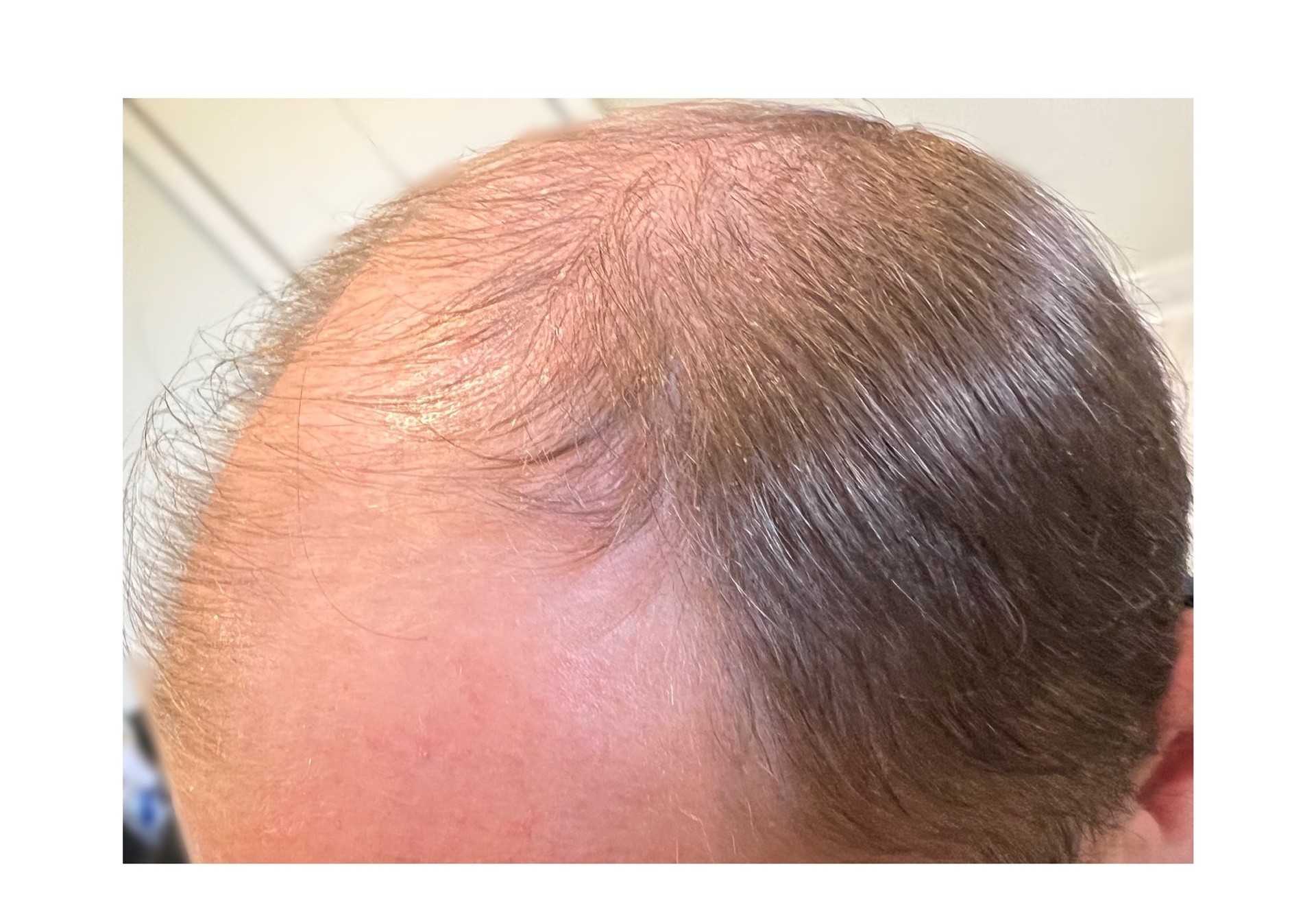What is Alopecia?
Posted on 28th July 2023 at 14:27
What is Alopecia?
Alopecia areata (commonly known as alopecia) is an unpredictable autoimmune condition that causes areas of hair loss.
While hair can be lost from any part of the body, alopecia areata usually affects the head and face.
These patches of baldness may link and become more visible. The illness occurs when your immune system attacks your hair follicles, resulting in hair loss.
How common is Hair Loss?
Hair loss affects 4 in 10 men of Ireland’s population. It's an irreversible loss that affects Irish men as well as Hollywood stars, millionaire footballers and the most powerful man in the world.

What causes Alopecia?
Alopecia occurs when white blood cells attack the cells in hair follicles, causing them to shrink and significantly slow down hair development. It is unknown what causes the immune system to target hair follicles in this manner.
While scientists do not know why these changes occur, it appears genetics play a role because alopecia is more likely to occur in someone with a close family member who has the disease. One in five people with the disease has a family member who has alopecia.
Research has discovered that many people with a family history of alopecia also have a personal or family history of other autoimmune conditions, such as atopy, a hypoallergenic disorder, thyroiditis and/or vitiligo.
Despite popular belief, there is little scientific evidence to support the notion that alopecia is caused by stress. Extreme stress may trigger the illness, but recent evidence suggests more of a hereditary reason.
How is Alopecia diagnosed?
If you're concerned about hair loss, it’s best to consult a doctor. A dermatologist may be recommended by your doctor.
By talking about your symptoms, and examining you, they can often determine what is causing your hair loss.
If they are unsure what is causing your hair loss, they may take a sample of your skin or hair to study further.
Your doctor may refer you for blood testing to rule out medical disorders that could cause hair loss.
Remedies for Alipecia
Because conventional treatments for alopecia are relatively restricted, studies supporting natural treatments for alopecia are few and far between.
Some people recommend massaging the scalp with onion or garlic juice, cooled green tea, almond oil, rosemary oil, honey or coconut milk. While none of these are likely to cause harm, there is no substantial evidence that they are effective.
Some people seek alternative treatments, such as acupuncture and aromatherapy, despite the little evidence to support these practices.
Hair Replacement Systems for Alopecia
Here at KA Hair Solutions, we specialise in fitting and blending hair systems with your existing hair, creating an undetectable, stylish, and natural finish.
They are so incredibly natural, both to the eye as well as the touch, that there is simply no reason to wait any longer!
Simply text or give us a call on 087 333 7476 to book your free, no obligation consultation.
Share this post:







